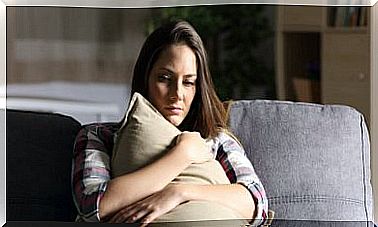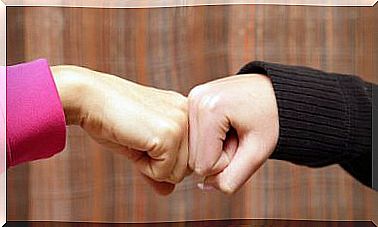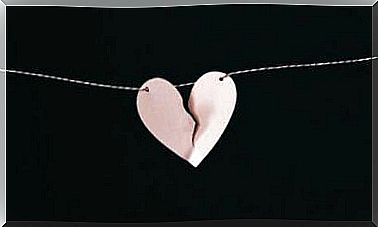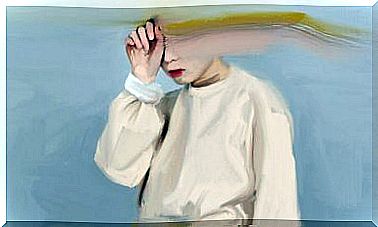The Voluntary Simplicity, The Charm Of The Simple Life

Voluntary simplicity is a lifestyle in which the idea of banishing consumerist practices, working less and having more free time is promoted. This approach supposes an implicit rejection of the habits promoted by capitalism, within which unlimited consumption occupies a central place.
The goals of voluntary simplicity are very diverse. They range from taking better care of physical and mental health, to promoting personal evolution and also include a concern for the fate of the planet.
Those who promote voluntary simplicity are not a group as such, nor do they constitute a social movement in the strict sense. The matter is much more relaxed and spontaneous because its purpose is not to start an indoctrination crusade, but simply to have a better quality of life.
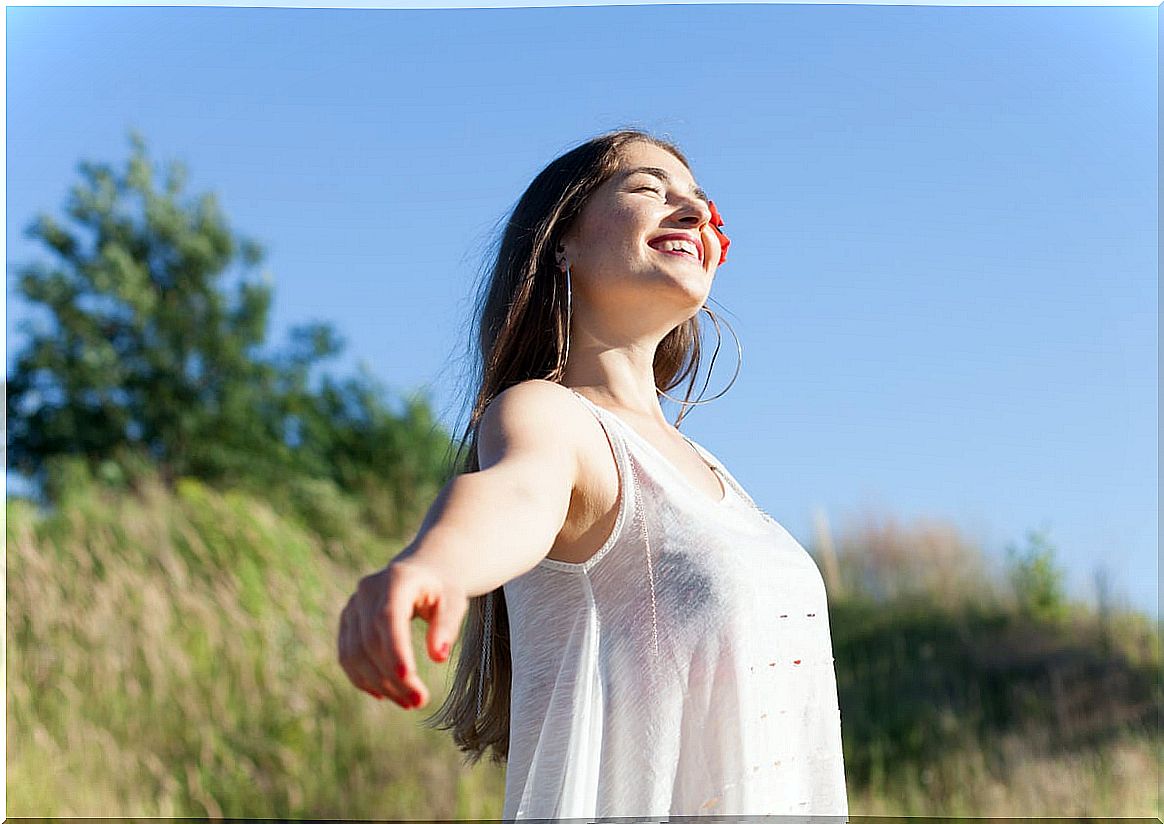
Voluntary simplicity in history
Throughout history, not a few individuals and groups have advocated a simpler life. Traditionally, the topic has been associated with religion , as well as some spiritual practices. Christianity, not the church, is in fact a doctrine that promotes detachment from the material.
Something similar happens with Buddhism , which takes the concept of renunciation to its maximum expression. Hinduism is another example of that philosophy. Meanwhile, there are many great characters who opted for voluntary simplicity, although they did not call it that way.
One of the figures who promoted and carried out this lifestyle was the philosopher and poet Henry David Thoreau. We are talking about a puritan from the United States who is considered the father of “Civil Disobedience.” He lived for a long time in the most complete austerity and about it he wrote:
“I did not want to live what was not life, nor did I want to practice renunciation, unless it was necessary. I wanted to live deeply and extract all the marrow of life, to live in such an intense and spartan way that I could do without everything that was not life.
The principles of voluntary simplicity
Voluntary simplicity is the commitment to a lifestyle marked by simplicity. It must be a voluntary choice, which is not motivated by the intention of making a sacrifice or submitting to self-repression, but by the conviction that this way of life is much more positive for oneself.
The general principles of this way of thinking are as follows:
- Self-containment. It has to do with the renunciation of consumerist practices. Those who opt for the simple life buy only what is necessary and do not go shopping as a means of entertainment.
- Rejection of the accumulation of money. The goal of someone who lives this way is not to accumulate money or property. He only seeks to have what reasonably guarantees a life without deprivation.
- Restructuring of desire. The previous two aspects have a lot to do with individual desire. In a simple life, the coordinates of desire have to be reconfigured so that they do not focus primarily on the material.
- Decrease. Those who practice this approach also seek to work less in order to have more free time. Therefore, the goal is to produce only to satisfy essential and valued needs.

What does a simple lifestyle bring?
Each person is the one who must answer the question about what is the contribution of living more simply. The motivations can be many and therefore the benefits are also very personal. Generally speaking, a life with less consumption definitely does favor the planet.
Likewise, consumption is a practice that especially benefits large producers. To become someone who always has a pseudo-need to achieve well-being. In this sense, consumption not only affects the pocket, but also takes us away from the most essential: our attention is focused on what we lack, instead of what we have, so the first seems much bigger than the second .
Although there are groups organized around this way of thinking, the truth is that it is an open and flexible perspective that each one can put into practice personally and to different degrees. Fewer objects and more experiences in our life is always a healthy option.
